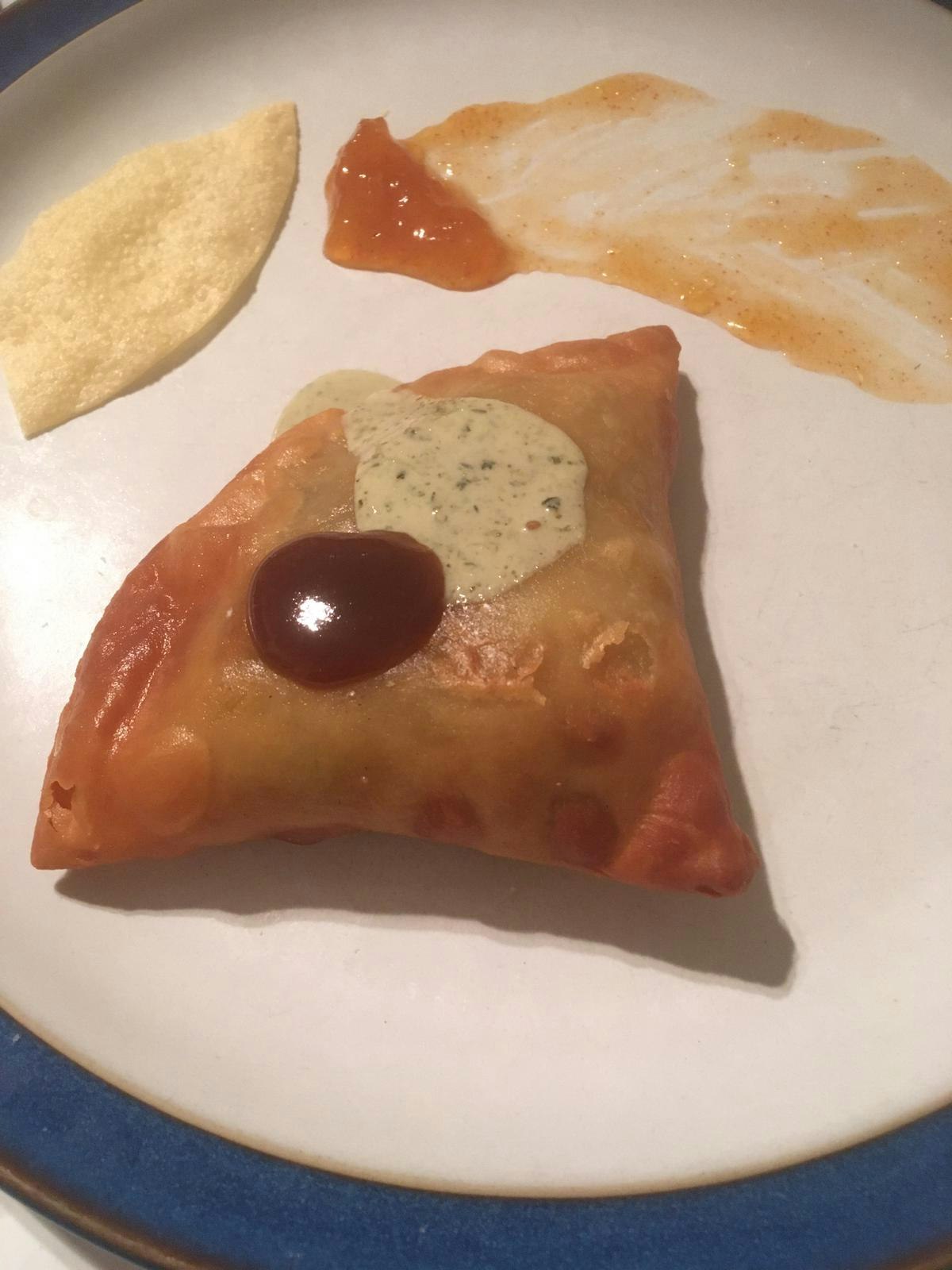There may be no Charlotte, but there is Rahim. Rahim is flogging some tasty samosas on the neighbourhood WhatsApp group. Just £1.50 each, delivered to your door freshly fried, with accompanying chutneys. All proceeds go to keeping the small social enterprise he works for afloat during successive lockdowns. Will you buy some? Of course, you will.
This is by now your weekly ritual: neighbours, known mostly to one another by phone number, or first name only, exchanging messages. Effusive ones, praising the quality of Rahim’s wares. But also, notes about post-code specific internet outages, lost and possibly stolen Amazon packages, items available thanks to a furlough-induced long-overdue loft clear out, requests for ingredients, news about local events, or completely random brain teasers which have virtually no local relation whatsoever.
You joined this WhatsApp group in the early days of the UK’s first Covid-19 lockdown. It was initiated by one of your neighbours, who curiously seemed to know a lot more people on the street than you thought, and somehow had all their phone numbers. Her inaugural post read: ‘With all the craziness and uncertainty and anxiety circulating right now, I thought it might be good to have a way to connect our neighbourhood, so we can lend a hand (or maybe some toilet paper!) if anyone needs anything in the coming weeks’. And, you have to admit, the group has offered so much more. It offered some of your shielding or self-isolating neighbours a lifeline to the outside world. It offered a sense of bonding with others going through the same trials and tribulations, and an outlet to reach out to ‘a friend’ if help was needed.
Few would have believed then that the ‘coming weeks’ would turn into months, and now nearly a year. The posts ebb and flow. The names in the top right-hand corner of each thread are becoming familiar friends, and yet of the nearly thirty participants, you still only really ‘know’ about six of them. Walking down the street, with or without your mask, you smile at strangers. So un-London-like. But that stranger approaching from the other direction, eyes down to the pavement walking with their dog, might actually be ‘Sue’ or ‘Marie’ or ‘Kemal’ or ‘John’. You all keep saying: ‘when this is over, we’ll have a street party’. A chance to finally meet face-to-face. But will you? You are not so sure this will happen. Maybe you will all just go back to being anonymous yet familiar faces, passing swiftly on the street. Perhaps. Would that be so bad?

Comments